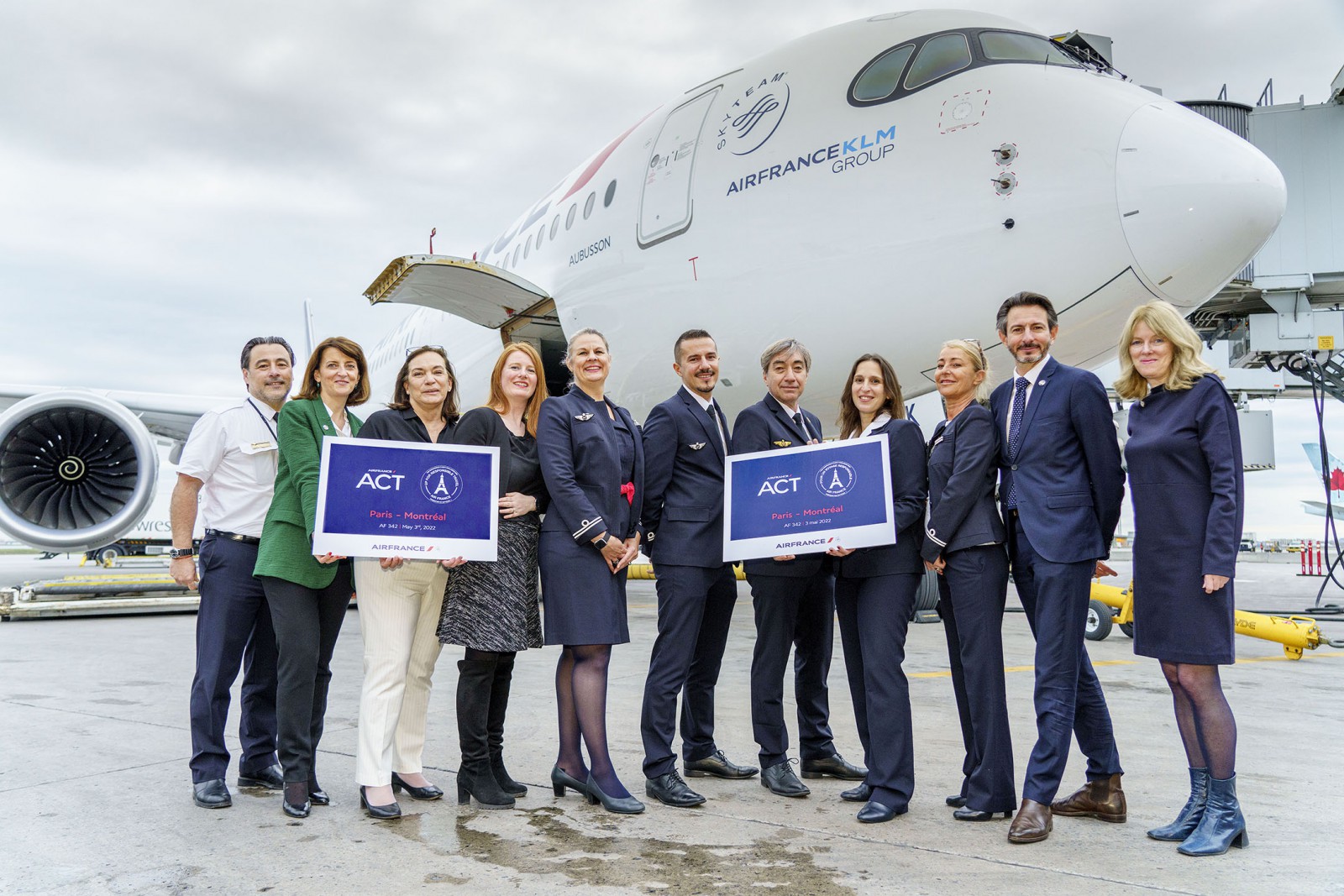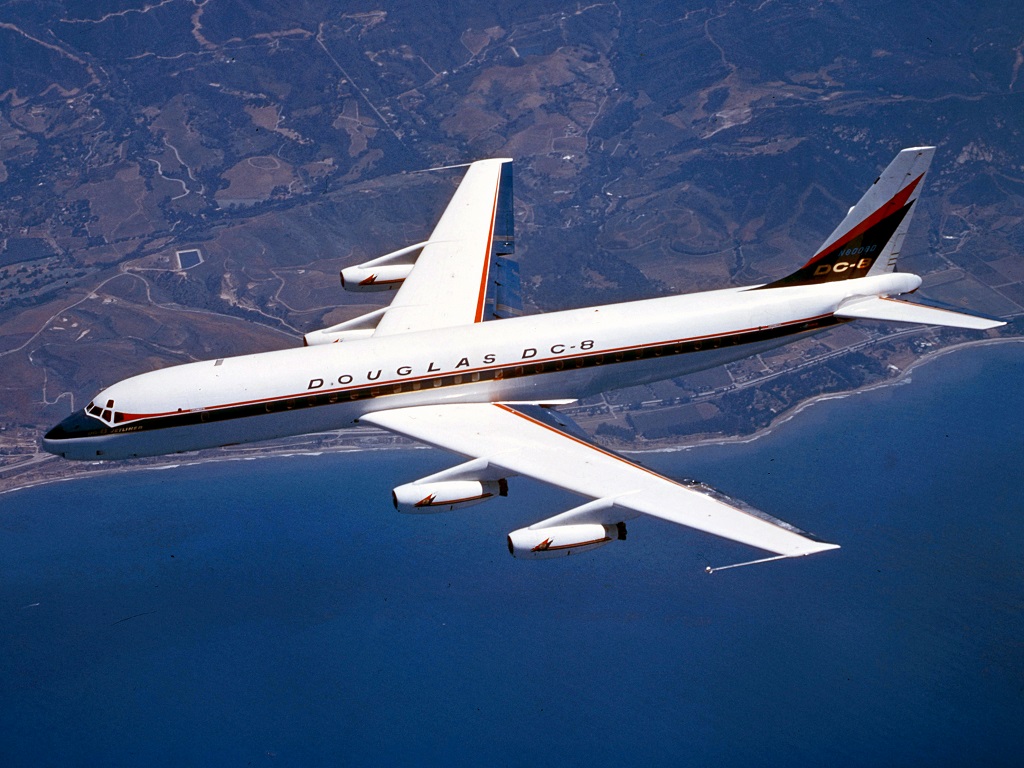Air France cuts CO2 emissions by 45 percent on demo flights
20 May, 2022
7 min read
By joining our newsletter, you agree to our Privacy Policy


Air France has conducted two eco demonstration flights with a cut of 45 per cent in CO2 emissions. The flights were detailed in ICAO's Uniting Aviation which we reprint in full below.
In April Air France launched “Air France ACT“, a programme that aims to reduce CO2 emissions by 30 per cent per passenger-km by 2030 compared to 2019 (i.e. 12 per cent less total emissions). To demonstrate how this objective can be achieved, the airline simultaneously implemented a series of actions on two of its flights leaving from Paris-Charles de Gaulle.
This project is part of the “Skyteam Sustainable Flight Challenge”, an initiative aimed at stimulating and encouraging innovation by inviting the alliance’s member airlines to operate the most eco-responsible flights possible from May 1 to 14 2022.
SEE the podcast: Flight Safety Detectives dissect the Netflix doco “Downfall”.
READ: Boeing will bounce back says world’s largest leasing company
READ: How the Airbus A350 went from defeat to victory
READ: Can the giant AN-225 fly again?
Through this initiative Air France intends to:
- measure and illustrate the effectiveness of methods already implemented and proven, such as new-generation aircraft, Sustainable Aviation Fuel (SAF), eco-piloting, and the use of electric ramp and cargo transport equipment
- explore new avenues that could be exploited in the future, such as the extensive use of artificial intelligence to optimise flight paths or the use of autonomous tractors for baggage transport,
- offering customers more sustainable, local and seasonal catering, limiting food waste by allowing them to choose the in-flight menu before they fly, and limiting single-use plastic,
Air France actions implemented at each stage of the trip:
Before the flight : A message is sent to customers to ask them to limit the volume and weight of their baggage. In order to limit food waste, they are encouraged to pre-select their meals so only the necessary products are loaded on board;- In the lounges, more sustainable, local and seasonal products are offered and eco-responsible materials are used;
- Fully electric ground operations, with electric push-back of the aircraft, transport of crews by electric bus between their base and the aircraft parking stand and electric transport of cargo.
- Use of new generation aircraft (Airbus A350, Airbus A220) emitting up to 25 per cent less CO2;
- Use of 16 per cent Sustainable Aviation Fuel (produced by TotalEnergies) on the flight to Montreal and 30 per cent on the flight to Lisbon, in the case of these two flights allowing a 90 per cent reduction of CO2 emissions over the entire life cycle, higher than the industry average of 80 per cent;
- Use of eco-piloting techniques (taxiing on just one engine, use of on-board innovations for tactical trajectory optimisation, optimisation of climb and descent), allowing a 3 to 4 per cent reduction in fuel consumption on each flight;
- Use of more sustainable catering equipment (lighter, new generation meal trolley, recycled and recyclable trays, tableware made from celullose, FSC wooden cutlery and stirrers, paper cups, removal of individual plastic bottles);
- Limiting waste by choosing a hot dish before the flight in all cabins and distributing comfort kits (produced from recycled materials and containing organic cosmetics) on request in Business and Premium Economy;
- Selective sorting on board: sorting of plastic bottles, juice boxes and cans;
- Introduction of a more sustainable catering service, entirely prepared in France, with a 100 per cent vegetarian offer on medium-haul flights and the possibility for customers travelling to Montreal to choose before the flight between a vegetarian service or a dish including meat from France or fish from MSC sustainable fishing.
Get the latest news and updates straight to your inbox
No spam, no hassle, no fuss, just airline news direct to you.
By joining our newsletter, you agree to our Privacy Policy
Find us on social media
Comments
No comments yet, be the first to write one.


